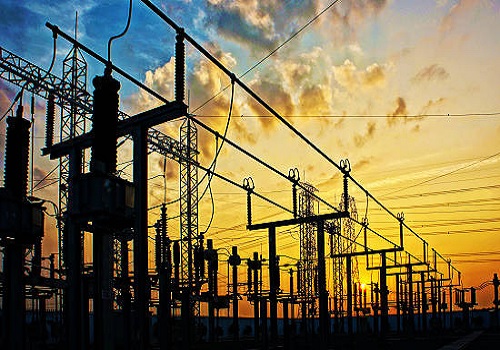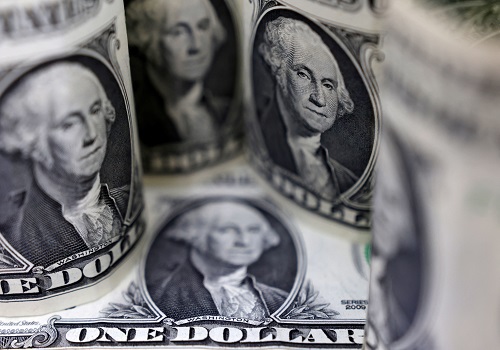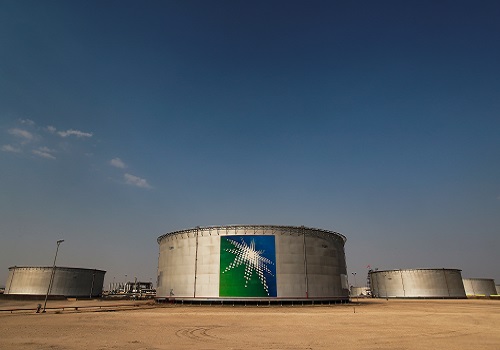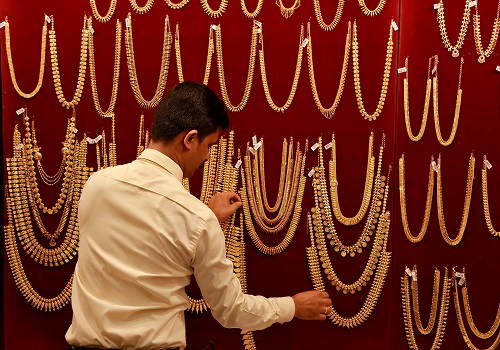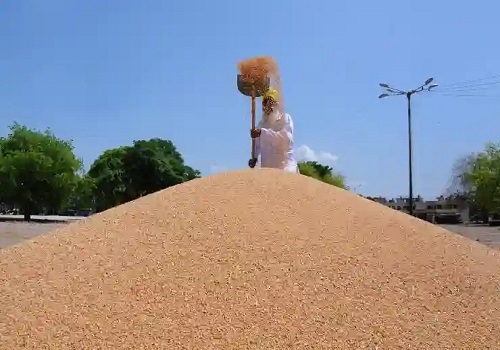`Procurement and free distribution of rice/wheat reduced wealth inequality during Covid in India'
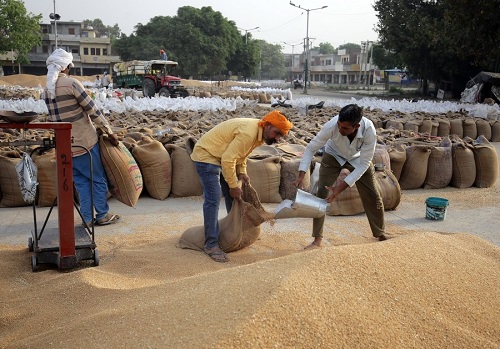
Follow us Now on Telegram ! Get daily 10 - 12 important updates on Business, Finance and Investment. Join our Telegram Channel
The Covid-19 pandemic is a leveller with the poor being protected through food transfers and other support measures while there was a decline in the income of the rich, said a top economist of State Bank of India (SBI).
In a research report, Dr. Soumya Kanti Ghosh, Group Chief Economic Adviser, SBI, citing a study (Gupta et.all, NBER, Dec 2021) said in India innequality declined during the pandemic.
"In fact, the NBER study concludes that there was decline in income of the rich attributable to the high sensitivity of business income to aggregate fluctuations," Ghosh said.
"Thus, in hindsight, the pandemic may have been a leveller in terms of inequality with the poor getting protected through measures such as food transfers. Bhalla et all, IMF WP 2022 concluded that pandemic support measures by government of India were critical in preventing extreme poverty in India and thereby prevented rise in inequality, with food transfers."
Taking a cue from wealth distribution, Ghosh tested the hypothesis of how the free food grain distribution is impacting the distribution of wealth on population quintiles for the poorest of the poor.
According to Ghosh, the rice/wheat procurement in relatively laggard states in terms of in equal wealth distribution had significant impact on reducing the inequality.
"These states were Assam, Bihar, Chhattisgarh, Jharkhand, Madhya Pradesh, Odisha, Uttar Pradesh, Uttarakhand and West Bengal. The impact of Rice and Wheat Procurement on percentage population for Lowest and Second quantiles of wealth, revealed a sharp decline in the percentage population in such quantiles of the population.
"We also find that several Government transfer payments for the poor are adding Rs 75,000 to a household per annum. Our results clearly substantiate that in the Indian context, it is an incorrect conjecture to assume that inequality has worsened during pandemic. With a progressive growth in output across states as proxied by GSDP, it is clear that the fruits of such a growth have clearly reverberated and dovetailed into an inclusive growth. India has thus done quite well during pandemic in terms of navigating income shocks across deciles of population," Ghosh added.












 320-x-100_uti_gold.jpg" alt="Advertisement">
320-x-100_uti_gold.jpg" alt="Advertisement">



